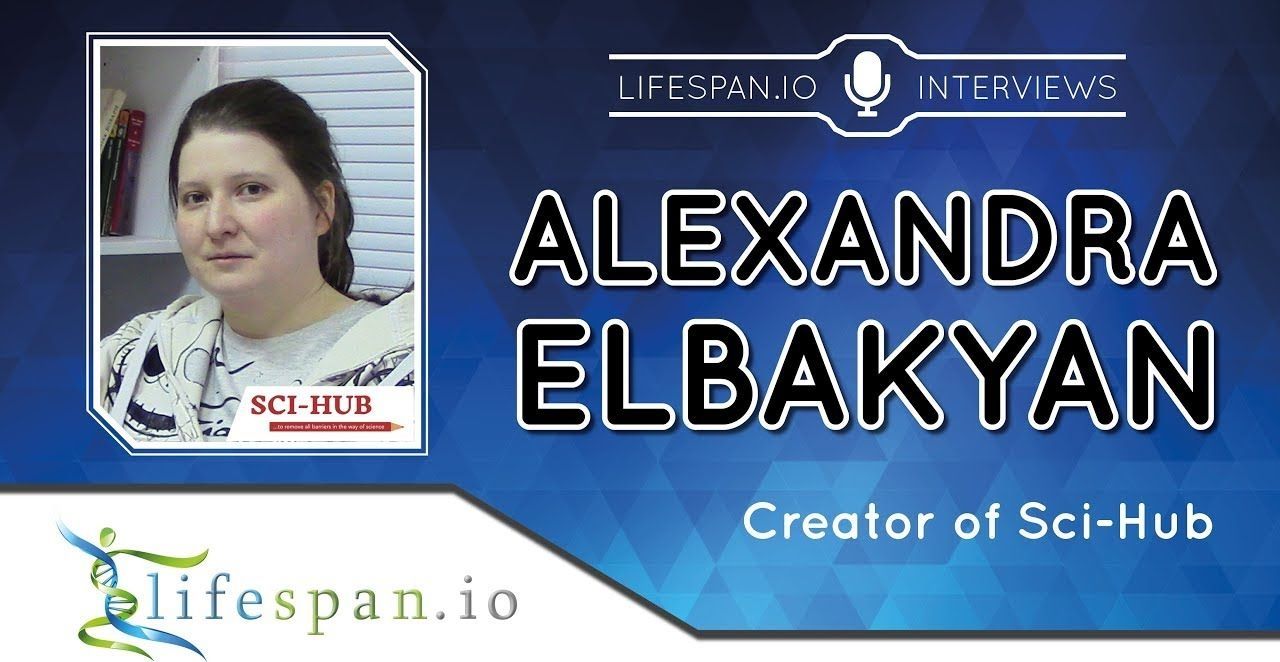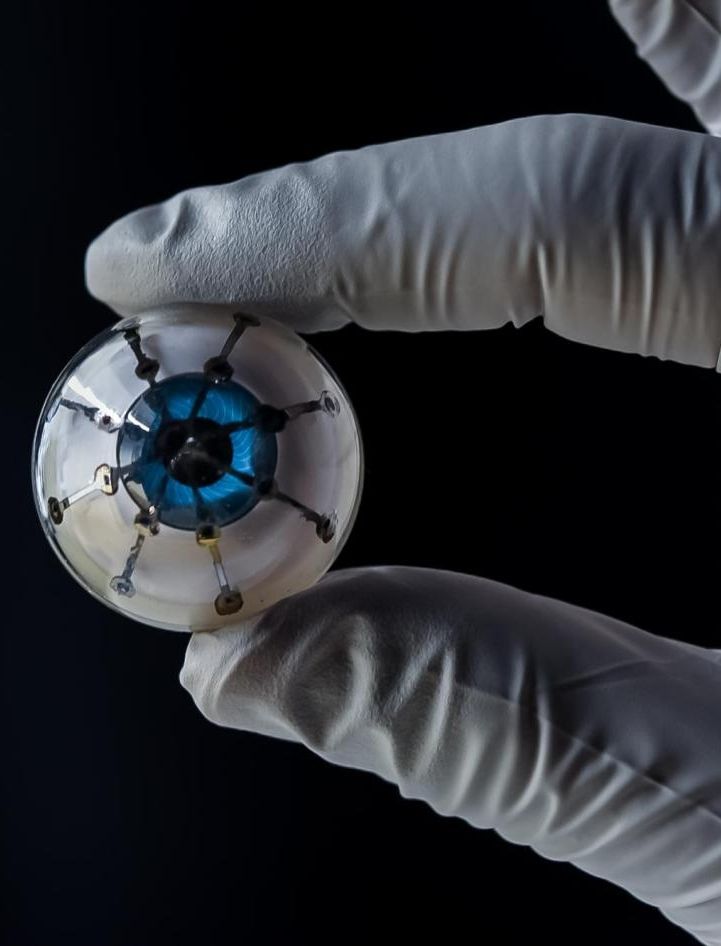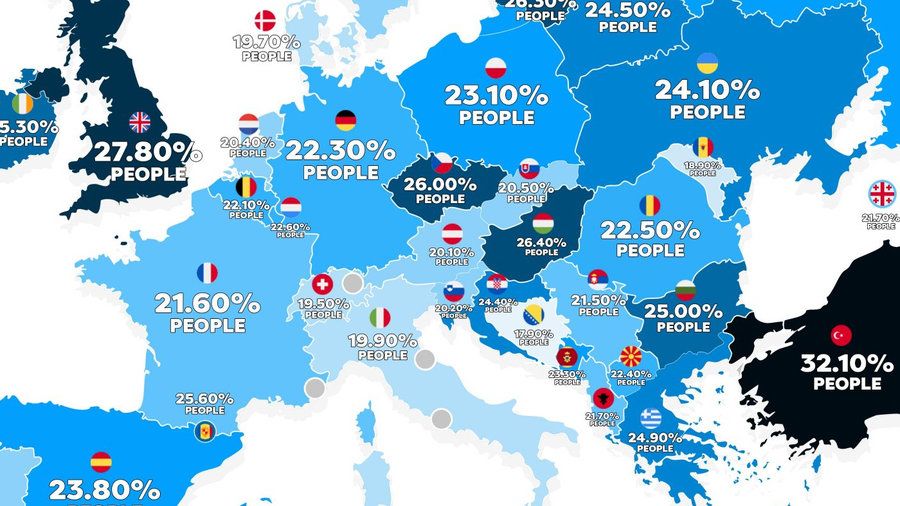Page 9888
Aug 28, 2018
Tesla Model X will carry first astronauts flying in SpaceX’s Dragon spacecraft to launch pad
Posted by Klaus Baldauf in categories: Elon Musk, space travel, sustainability
SpaceX is preparing to make its first demo launches for NASA’s commercial crew mission program, which aims to bring back the capability for U.S. spacecraft to fly astronauts to space.
The rocket company plans to use Tesla Model X vehicles to bring the first astronauts flying in the Crew Dragon spacecraft to the launch pad.
It appears to be the latest example of some synergy between Elon Musk’s two main companies.
Aug 28, 2018
How Google Earth led a team of scientists to discover an untouched mountaintop rainforest
Posted by Genevieve Klien in categories: drones, food, sustainability
In 2018, what is left to explore in the world? It seems unlikely, say, that humans might find an untouched forest to study, someplace that hasn’t been bulldozed and burnt and exploited within an inch of its life for precious minerals or virgin timber. But that’s exactly what happened this past spring, when a Welsh researcher, Dr. Julian Bayliss, led a 28-person team that included scientists specially selected for their different talents as well as logistics experts, rock climbers, and filmmakers to the top of a mountain in Mozambique.
The story of the Mount Lico expedition began six years ago when Bayliss, a conservation scientist and butterfly expert, happened to spy a small forest atop a mountain using Google Earth. It wasn’t the first time he’d found such a place; Bayliss had been using Google Earth to explore high-altitude rainforests in Africa for around 15 years. In February 2017, the time was finally right: Bayliss brought a drone to the base of the 410-foot sheer rock protuberance (technically known as an inselberg) to confirm that there was a forest on top. This was no small feat. The area surrounding Mount Lico is a patchwork of smallholder farms, tea and eucalyptus plantations, and woodlands. There are no paved roads, no hotels — just rivers to cross, plants to hack away with machetes, and miles of dirt track to navigate.
While locals were aware of Mount Lico and used the natural resources of surrounding forests, its tall, sheer walls meant that it was nearly impossible to access, which made it likely that the land on top was untouched by humans. However, scientists would later find out that someone had been up there at least once.
Aug 28, 2018
Our Sun Is Lighter Than Ever, And The Problem Is Getting Worse
Posted by Genevieve Klien in category: futurism
Stars don’t stay the same throughout their life, and the Sun is no exception. Here’s what’s going on.
Aug 28, 2018
‘Supersensitive Antenna’ To Search For Extraterrestrials
Posted by Bill Retherford in category: alien life
Aug 28, 2018
Obesity in America vs. Europe: Two maps explain it all
Posted by Nicholi Avery in category: biotech/medical
If your BMI is higher than 30, you’re technically obese. These maps show how many people per European country (and U.S. state) suffer from that medical condition.
Aug 28, 2018
The big idea that could make democratic socialism a reality
Posted by Bill Kemp in category: economics
An ambitious proposal to create an Alaska-style social wealth fund that could transform the global economy.
Aug 28, 2018
How Cryptocurrencies Can Influence the Future of Freedom
Posted by Klaus Baldauf in categories: cryptocurrencies, futurism
“It’s the first time that humans have ever had the ability to send money around the world globally without anyone being able to stop it,” he said. “You can argue that it’s the first time in our history that we have real censorship resistance.”
Gladstein feels we’re at a crossroads as a society—we’ll either go down a centralized path where our interactions are surveilled and censored, or we’ll go down a decentralized one that preserves our essential freedoms and rights.
Technology’s role is somewhat paradoxical in this crossroads; some forms can serve as a tool of control for governments or companies, while other forms put more power in the hands of citizens.
Continue reading “How Cryptocurrencies Can Influence the Future of Freedom” »
Aug 28, 2018
Alexandra Elbakyan – The System is Holding Back Scientific Progress
Posted by Steve Hill in categories: health, open access

Today we have an interview with Sci-Hub creator, Alexandra Elbakyan who is committed to the free flow of scientific knowledge and is challenging the unfair journal system which charges outrageous fees to view scientific publications.
Hiding scientific knowledge behind paywalls
Continue reading “Alexandra Elbakyan – The System is Holding Back Scientific Progress” »
Aug 28, 2018
Japanese engineers say their flying cars will be in the air by the Tokyo Olympics
Posted by Klaus Baldauf in categories: futurism, transportation
A team of young Japanese engineers is developing a flying car with the goal of launching it in time for the 2020 Tokyo Olympics.
The futuristic vehicle – dubbed Skydrive – is fitted with three wheels, a motor and four rotors, enabling it to take off and land vertically from public roads without the need of a runway.
Measuring only 9.5 feet by 4.3 feet, Skydrive claims to be the world’s smallest flying car, with a target top flight speed of 62 mph, while travelling up to 32 feet above the ground.
















